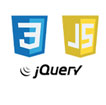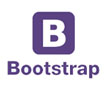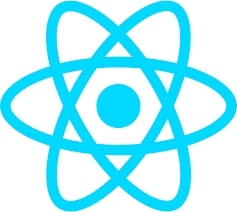As a specialized software company in custom application development, we utilize a broad range of technologies to deliver robust and scalable solutions. For frontend development, we employ HTML5, CSS3, and JavaScript to create dynamic and responsive user interfaces. Frameworks and libraries like React.js, Angular, and Vue.js are leveraged to enhance the development process and provide exceptional user experiences. UI/UX design tools such as Sketch, Figma, and Adobe XD are vital in crafting intuitive, visually appealing interfaces tailored to client needs.
On the backend, we rely on powerful server-side languages like Node.js, Python, Java, and Ruby to build the core functionality of our applications. Frameworks such as Express.js, Django, Spring Boot, and Ruby on Rails are selected for their ability to accelerate development while maintaining clean and scalable codebases. For efficient data management, we implement both relational databases (MySQL, PostgreSQL) and NoSQL options (MongoDB, Redis) to ensure fast data retrieval, storage, and scalability. We use version control systems like Git and collaborate on platforms like GitHub, GitLab, and Bitbucket to maintain code integrity and support seamless team collaboration.












Node.js: A JavaScript runtime built on Chrome's V8 JavaScript engine, ideal for building scalable network applications.
Python: Known for its simplicity and readability, used in web development frameworks like Django and Flask.
Java: A versatile and robust programming language used for building enterprise-level applications.
Ruby: Often used with the Ruby on Rails framework for rapid web application development.
Express.js: A minimal and flexible Node.js web application framework.
Django: A high-level Python web framework that encourages rapid development and clean, pragmatic design.
Spring Boot: An extension of the Spring framework for building microservices and web applications in Java.
Ruby on Rails: A server-side web application framework written in Ruby
MySQL, PostgreSQL, and SQLite: Popular choices for relational databases, offering reliable and scalable data storage solutions.
MongoDB: A document-oriented NoSQL database, known for its flexibility and scalability.
Redis: An in-memory data structure store, used as a database, cache, and message broker.
Docker: A platform for developing, shipping, and running applications in containers.
Kubernetes: An open-source system for automating deployment, scaling, and management of containerized applications.
AWS, Google Cloud, Azure: Cloud platforms providing a range of services for computing, storage, and networking, supporting scalable and resilient applications.
Jest, Mocha, Jasmine: JavaScript testing frameworks for ensuring code quality and functionality.
JUnit, TestNG Testing frameworks for Java applications.
Pytest: A testing framework for Python applications.
Selenium, Cypress: Tools for automating web browser testing, ensuring applications work as intended across different browsers and devices.
Jira, Trello, Asana: Tools for project management and team collaboration, helping teams track progress and manage tasks efficiently.
Slack, Microsoft Teams: Communication platforms for facilitating real-time collaboration and communication among team members.